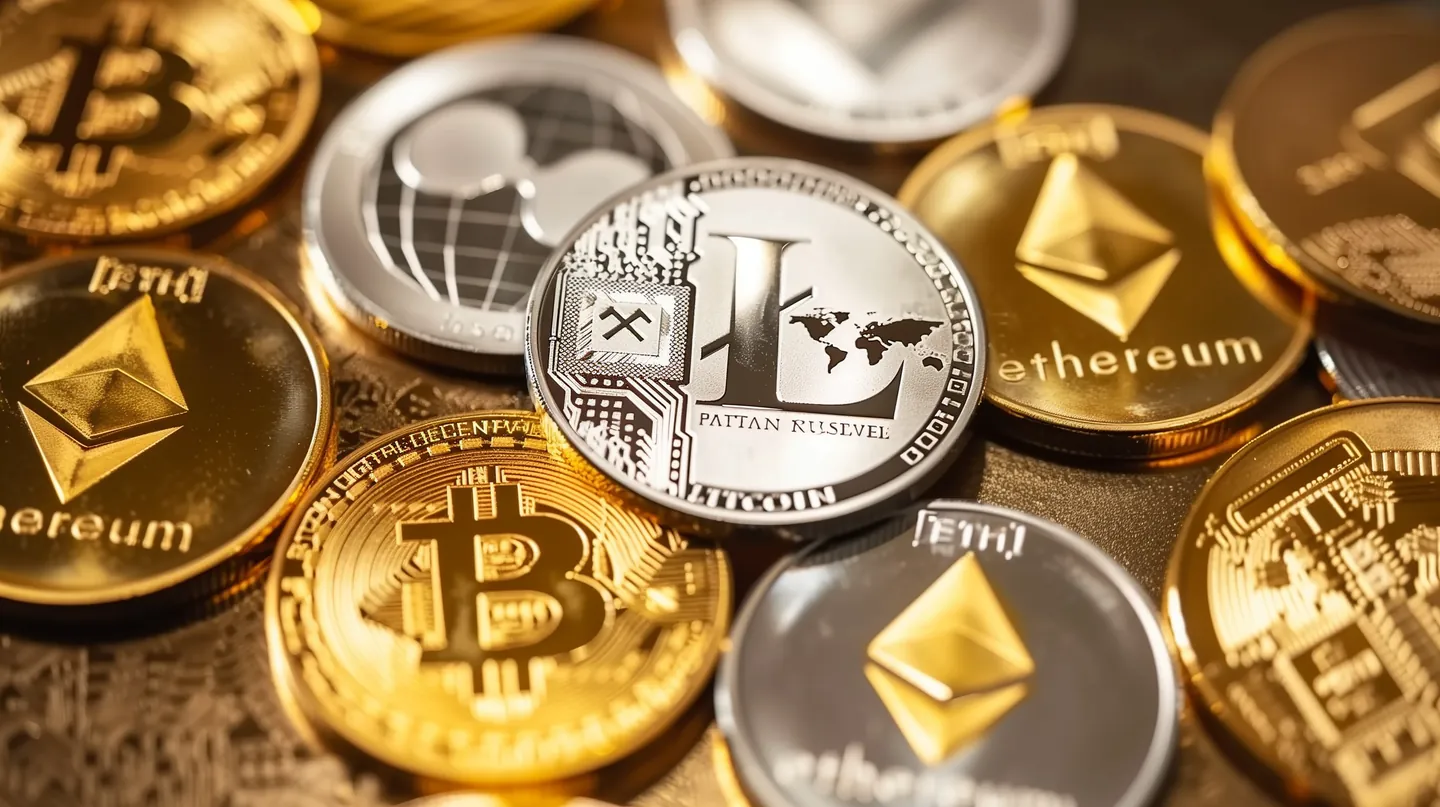The rise of electronic currency has ignited a transformative upheaval in the realm of electronic finance, presenting a blend of opportunities and hazards that allure investors, technology enthusiasts, and doubters alike. This piece probes into the fundamental essence of electronic currency, its impacts on the electronic financial ecosystem, and provides an exhaustive examination of its pros and cons.
Comprehending the Essence of Electronic Currency and Blockchain Innovation

In an age driven by incessant innovation, electronic currency and blockchain technology emerge as catalysts of change, reshaping finance, data security, and governance devoid of central oversight. These technologies disrupt established standards by amplifying transparency, reinforcing security, and advocating for decentralized control. A comprehensive exploration of electronic currency and blockchain's underlying principles is imperative to grasp their transformative capacity.
Electronic Currency: A Revolution in Financial Transactions
Electronic currency, at its core, embodies a monetary framework employing cryptographic methods to secure transactions, oversee the creation of new currency, and validate digital asset transfers. Unlike fiat currencies regulated by national authorities, electronic currencies flourish on decentralized networks grounded in blockchain technology.
The advent of Bitcoin in 2009 by the mysterious Satoshi Nakamoto marked the onset of the electronic currency epoch. This genesis spurred the proliferation of numerous electronic currencies, each endowed with distinct objectives and attributes. Prominent instances such as Ethereum, Ripple, and Litecoin have garnered considerable attention, underscoring the expansive potential and diverse panorama of this financial innovation.
Blockchain: The Foundation of Decentralized Ledger Technology
Blockchain technology acts as the cornerstone for electronic currencies, enabling secure, transparent, and immutable transaction recording. Essentially, blockchain operates as a distributed ledger documenting every transaction across a network of computers. The sequential chaining of transaction records, known as "blocks," constitutes an unbroken continuum, from which the technology derives its moniker. The decentralized nature of this framework obviates the need for centralized intermediaries, resulting in diminished transaction costs, expedited processing times, and fortified security protocols. Each participant in the network maintains a replica of the ledger, ensuring consensus and safeguarding against tampering and fraudulent activities.
Diverse Investment Opportunities in the Electronic Currency Domain

From its inception as a niche concept to its current status as a burgeoning marketplace, the electronic currency sphere has burgeoned into a terrain teeming with investment prospects. Bitcoin's ascent and the proliferation of alternative coins have captivated investors with the potential for substantial returns and diversified opportunities intrinsic to this nascent asset class. However, comprehending the intricacies of the market is imperative for well-informed investment decisions.
The Surge of Investments in Electronic Currency
The electronic currency market has witnessed a surge, propelled by burgeoning adoption, institutional interest, and technological breakthroughs. Bitcoin's pioneering role has paved the way for an expanded digital asset realm, enticing investors with the promise of significant returns and the prospect of portfolio diversification. The emergence of alternative electronic currencies (altcoins) introduces a spectrum of investment alternatives, with Ethereum, Ripple, Litecoin, and others offering insights into various innovative ventures and potential gains.
Strategic Diversification and Asset Allocation
The allure of electronic currency investments often lies in the potential for portfolio diversification. The inherent volatility of traditional financial markets juxtaposes with the relatively autonomous movement of electronic currencies, offering a potential hedge against market downturns. Adopting a diversified investment strategy is paramount, transcending beyond the dominance of Bitcoin to encompass a variety of electronic currencies.
This approach not only mitigates risk but also positions investors to capitalize on the growth of nascent technologies and platforms. Expanding investment horizons to include stablecoins, DeFi projects, and non-fungible tokens (NFTs) can further bolster portfolio resilience.
Navigating Market Risks

The allure of high returns in the electronic currency realm comes bundled with its fair share of volatility and regulatory ambiguities. The fluid regulatory landscape poses a hurdle, while the specter of cyberattacks looms over electronic exchanges and wallets. Understanding and mitigating these risks are imperative for navigating the terrain of electronic currency investments.
Anticipating the Future Impact of Electronic Currency
The trajectory of electronic currency within the electronic finance sphere has been notably profound, evolving from a fringe concept to a foundational force in reshaping financial transactions. The future portends a sustained influential role for electronic currencies in shaping the financial landscape of tomorrow.
Mainstream Integration and Adoption
The trend towards widespread embrace of electronic currencies signifies a significant evolution, with these assets transitioning from the margins to the forefront of finance and commerce. The ongoing refinement of electronic currency infrastructure, including more user-friendly wallets and comprehensive regulatory frameworks, pledges to expedite this adoption further.
Institutional backing emerges as a critical factor in the maturation of the digital currency market, introducing significant capital inflow, legitimacy, and expertise. This influx from traditional financial entities signals robust confidence in digital currencies' enduring value, promising to stabilize and enrich the marketplace.
Conclusion

Digital currencies stand at the forefront of the digital economy, offering a spectrum of opportunities tempered by challenges. As the digital currency landscape matures, informed engagement and strategic caution remain paramount for those navigating this evolving space.










